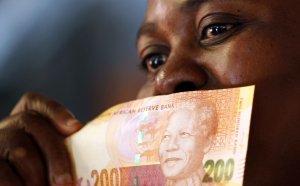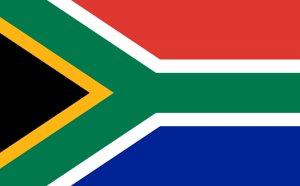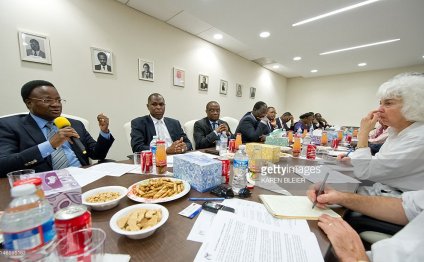
West African economic
| There are 15 countries in the Economic Community of West African States (ECOWAS): Benin, Burkina Faso, Cape Verde, Cote d'Ivoire, Gambia, Ghana, Guinea, Guinea Bissau, Liberia, Mali, Niger, Senegal, Sierra Leone and Togo. ECOWAS works to promote co-operation in the region on a range of economic and political issues including conflict resolution.
The countries of West Africa have a population of 245 million. About 65 percent of them live in rural areas. Eight countries in the region (Benin, Burkina Faso, Cote d'Ivoire, Guinea-Bissau, Mali, Niger, Senegal and Togo) are members of the West Africa Economy and Monetary Union (WAEMU) and share a common currency, a common central bank, a development bank, a regional stock exchange and a common banking regulator. The average yearly income for each person in West Africa is $309. This compares with an average yearly income for each person in Sub-Saharan Africa of $470. The region's economic growth has averaged only 2.5 percent during the past three years while its population has been growing by 2.2 percent a year. It is estimated that economic growth of about 6-7 percent a year would be required to meet the goal of cutting extreme poverty in half by 2015. West Africa is lagging in efforts to meet the Millennium Development Goals
In 1999, it was estimated that $800 million that could have been used for development was instead diverted into conflicts.
Basic Services Underdeveloped
Conflict Five countries in West Africa are currently affected by conflict. They are Cote d'Ivoire, Guinea-Bissau, Liberia, Nigeria and Sierra Leone. In 2003, 65 percent of West Africa's population lived in countries severely affected by conflict. Over the past 15 years, nine of the 15 members of ECOWAS have experienced conflict ranging from high intensity civil wars to violence during elections. One of the most common reasons advanced for the prevalence of conflict is weak governance. The area accounts for more than 70 percent of military coups in Africa. There is a high degree of illicit trade in diamonds and timber, which can be directly related to the conflict. In Liberia it is estimated to be more than $60 million a year and Sierra Leone more than $25 million. Conflict in Cote d'Ivoire has been particularly damaging for the region. It serves as a regional hub for landlocked countries in the region, meaning that neighboring countries depend heavily on it for imports and exports. For example 43 percent of Mali's exports and 77 percent of Burkina Faso's exports are shipped through Abidjan. |
||||||||||||
RELATED VIDEO
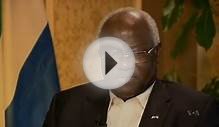
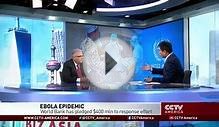
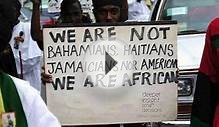
Share this Post
Related posts
South African Economics
There are unprecedented monetary policy actions currently being undertaken by several advanced economy central banks. These…
Read MoreSouth African economic system
South Africa Table of Contents Gross Domestic Product Historically, mining and agriculture contributed the most to national…
Read More
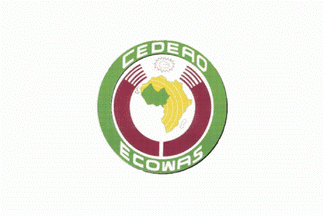 The Economic Community of West African States (ECOWAS) is a regional group of fifteen West African countries. Founded on 28 May 1975, with the signing of the Treaty of Lagos, its mission is to promote economic integration across the region.
The Economic Community of West African States (ECOWAS) is a regional group of fifteen West African countries. Founded on 28 May 1975, with the signing of the Treaty of Lagos, its mission is to promote economic integration across the region.